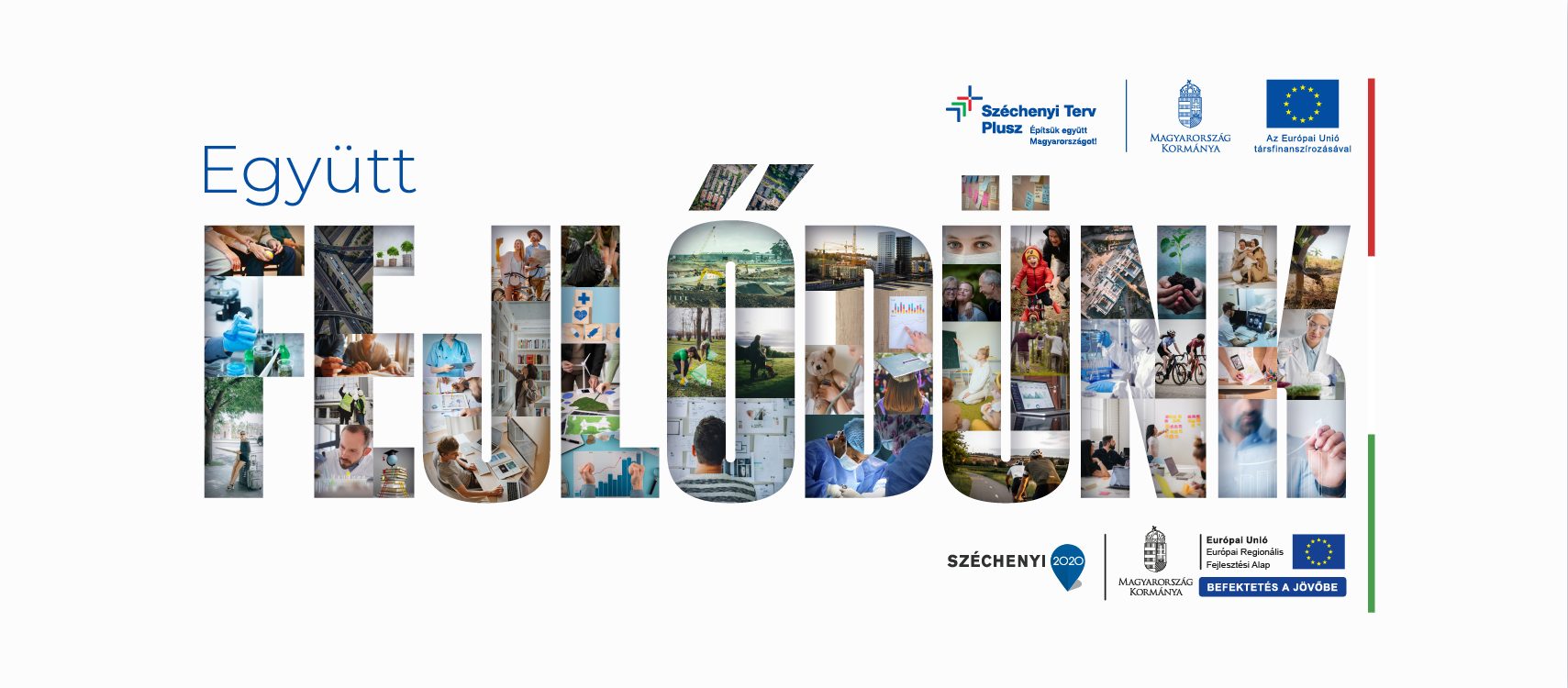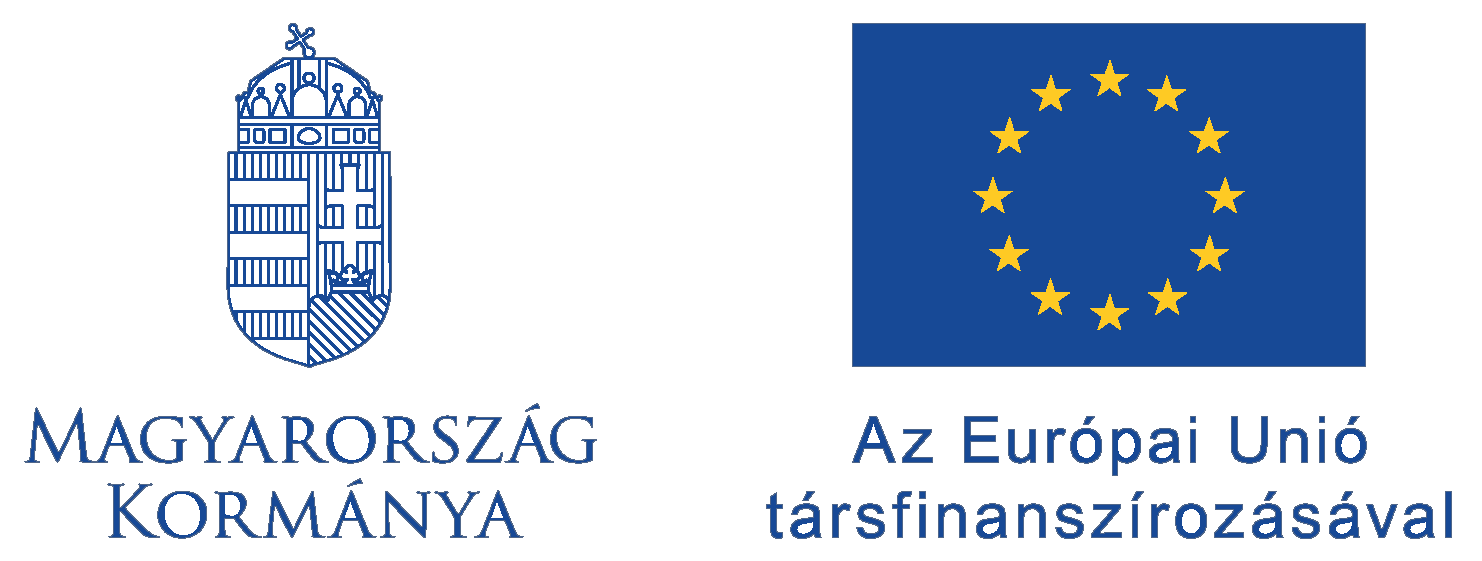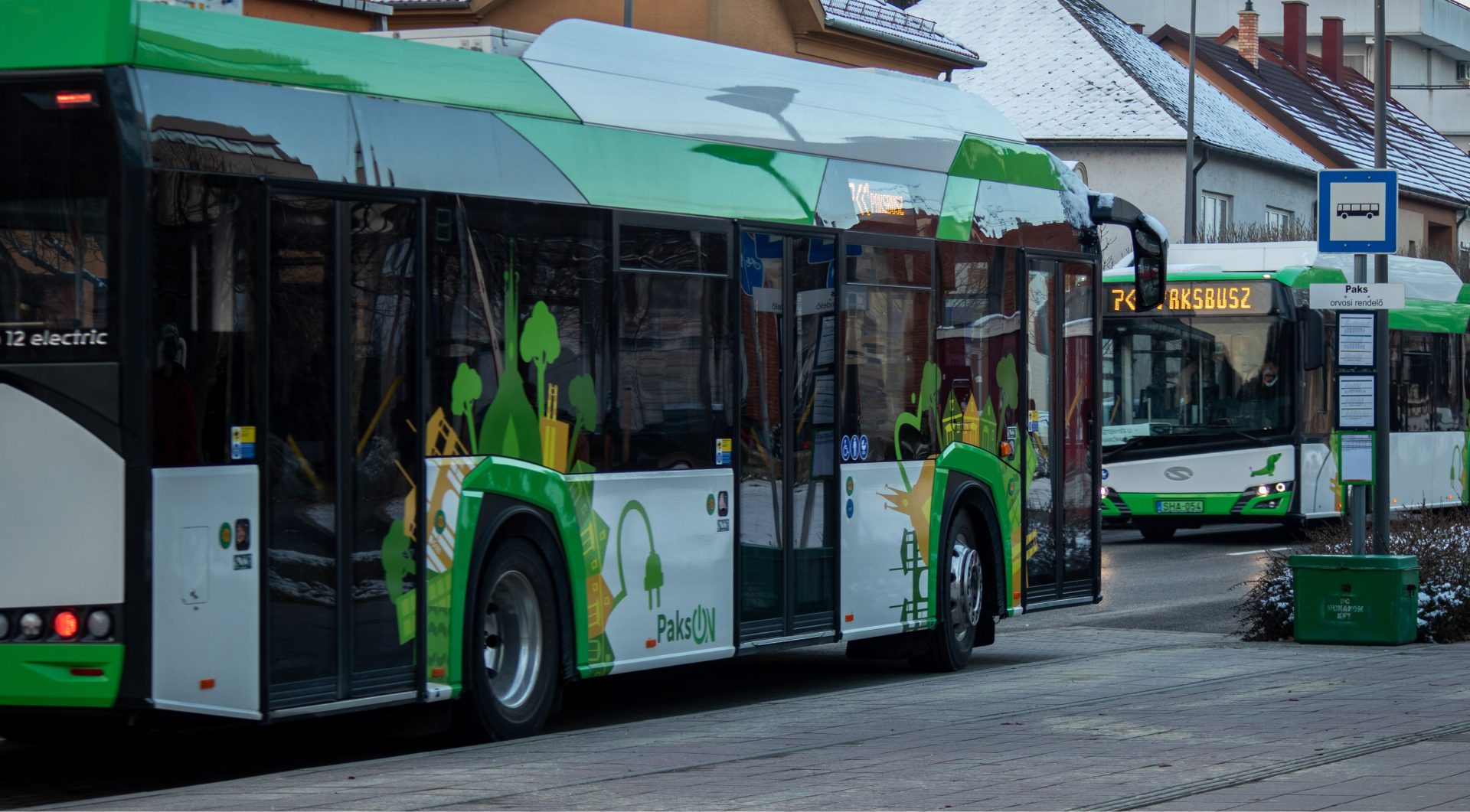The attractiveness of on-the-job training in the transport sector has been increased by creating a virtual learning space and developing almost 100 digital learning materials. So far, nearly 17,000 people have participated in the project implemented in the 2014-2020 financial period.
The Budapest Transport Training and Examination Centre and the Virtual Learning Space launched at the end of 2018 with the support of the Economic Development and Innovation Operational Programme aims to increase the low number of people participating in on-the-job training in the transport sector. To this end, the causes of the low participation levels among transport workers were first identified and then the necessary tools were defined.
In addition to establishing an examination centre and virtual space, in the joint project of the Institute of Transport Sciences Nonprofit Ltd. and the National Office for Vocational Training and Adult Education, nearly 100 digital learning content were developed, and simulators were acquired. So far, around 11,500 people working in the transport sector and nearly 5,500 people in vocational and adult education have participated in training. In addition, a Transport Validation Centre is being set up. Furthermore, companies have been able to apply for support for on-the-job training under the project.
Hungarian businesses need a competitive workforce with the skills and competences to meet the needs of the economy. Therefore, the development of tools such as simulators, VR and 3D technology, the related curricula, training programmes and the IT support needed for their operation is crucial. Participants can learn interactively about the technology and how the software works in small groups; including the multifunctional heavy machinery (vehicle) simulator, the collaborative robot arm, and the forklift and welding simulator and their accessories.
Since its accreditation in December 2021, the training centre set up under the project has been registered with the Adult Education Agency and is also involved in the delivery of the supported training. In addition to promoting the transition to digital skills and technologies, the aim is to increase the participation of people with low educational attainment in formal education and to give them the opportunity to acquire skills sought after in the labour market.
The program was made possible through European Union funding, thanks to the EDIOP-6.1.9-18-2018-00001 project.
You can learn more about the project in the supported project search: Details
![]()









